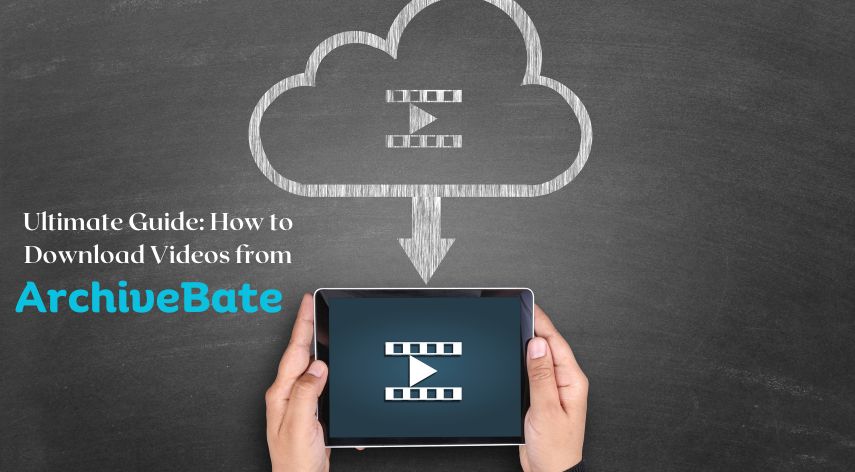What Is the Difference Between a Daycare and a Preschool?

Children develop at different paces. Some learn to speak at earlier ages than others. Some have the mental capacity for reading and mathematics at early ages, too.
Because of this, it’s important to have a place where your child is supported in growth. They’ll learn, play, and interact with other kids their age.
But what kind of place is best suited for your child? Is daycare more your thing? Or are you leaning more towards a preschool? What is the difference between a daycare and a preschool? We’ll go over the distinctions here. Keep reading to learn more!
Table of Contents
ToggleAge Group
Daycare programs usually care for children of all ages, from babies as young as a few weeks old to kids as old as five or older. This wide range of ages is meant to give working parents a safe way to care for their young children at work.
It lets parents go back to work while ensuring their babies and children get the care they need, like being fed, changing their diapers, and being watched while they sleep.
On the other hand, preschools are mostly for kids between 3 and 5 years old getting ready for kindergarten. At preschools, the age group is more focused on young children getting close to school age. This way, preschools can make sure that their lessons and activities meet children’s needs as they grow and develop, with a focus on getting them ready for school.
Focus
The most important thing for daycare centers is keeping kids safe and cared for while their parents or guardians work. The main purpose of these places is to care for children and make them feel safe and comfortable so they can do well in a loving and controlled environment.
Even though play and socializing are promoted, the main focus is still on basic care tasks like feeding, changing diapers, and ensuring the kids are safe and happy.
On the other hand, preschools are focused on teaching. They are meant to prepare kids for kindergarten and, by extension, school. Preschools have a set curriculum that includes age-appropriate educational tasks that help kids learn, make friends, and develop their minds.
Preschools give kids the skills and information they’ll need to do well in elementary school through guided play, hands-on activities, and exposure to academic ideas.
Curriculum
Usually, daycare centers don’t have a set program. Instead, the children’s care and well-being are at the center of every day. Even though kids are encouraged to play and hang out with their peers, there are generally various educational programs.
The main goal is to ensure the children have their basic wants met, like ensuring they are safe, well-fed, and comfortable. Since there is no official curriculum, the daily schedule is more flexible and easy to change.
Preschools, on the other hand, have a planned and structured program. They offer a wide range of educational tasks to help kids learn and grow cognitively, socially, and emotionally. These tasks often involve pre-reading skills, math ideas, art, music, science experiments, and other things.
Teachers in preschool make lesson plans and give learning opportunities that are right for each child’s age and stage of growth. The preschool program is carefully made to help kids get ready for kindergarten. It does this by teaching them important academic and social skills in a systematic way.
Parental Involvement
Day-to-day parental participation is less important in daycare settings. Parents or guardians drop off their kids and get updates on what their kids are doing and how they are doing. Still, they aren’t usually expected to do anything else in the program.
Communication is very important, but parents aren’t always directly involved in the education or the day-to-day activities of their children. Most preschools try to get parents to help out more. This can be done in different ways, like going to parent-teacher conferences, helping with school events and fundraisers, or working as a helper in the classroom. Most preschools keep parents up-to-date on their child’s academic and social growth regularly.
Hours of Operation
Daycare centers often have longer hours so that working parents can use them. This means you can drop off your child early in the morning and pick them up late in the afternoon. This is important for parents who work different hours or have other things to do outside of normal working hours.
On the other hand, preschools usually run during school hours, generally shorter than work hours. Most of the time, they don’t offer choices for long-term care. This plan aims to get kids ready for the structure and routine of school. Preschools usually follow the same school schedule as basic schools, with breaks for holidays and summer vacations.
Teacher Qualifications
The qualifications and training of daycare workers can vary a lot based on the rules in the area and the type of facility. Even though many daycare workers are committed and have a lot of experience, they may not all have the same level of education. Some daycare workers have formal training in early childhood education.
Most preschools hire teachers and other staff with special training in teaching young children. Most of the time, these teachers have degrees or certifications in the field, which means they know a lot about how children grow and learn, how to plan lessons, and how to teach in a way that is best for young kids.
Their training gives them the skills to make and use lesson plans for the kids’ ages, help them learn in a structured way, and evaluate their growth well. If you’re looking to provide your child with a strong educational foundation, consider enrolling your child in The Jupiter School for a comprehensive and enriching early learning experience.
Learning What Is the Difference Between a Daycare and a Preschool
To summarize what is the difference between a daycare and a preschool, Daycare centers tend to focus more on day-to-day care, such as feeding and entertaining, while preschools focus more on academics.
To learn more about how daycare and preschool can benefit your little one, please contact your local provider today.
Did you find the information in this article helpful? If so, be sure to check out our blog for more valuable resources.
Biplab Chakraborty is a dynamic Digital Marketing specialist with a passion for driving online success. With a keen understanding of market trends and a strategic approach, he excels in creating impactful digital campaigns. Biplab is dedicated to maximizing brand visibility and engagement through innovative digital strategies.
Recommended For You
Spread the loveIn today’s fast-paced world, having a credit card can be incredibly helpful. Whether you want to shop online,
Spread the loveEmbarking on a career in pharmacy is an exciting journey that begins with getting admission to a reputable
Spread the loveIntroduction Welcome to our comprehensive guide on downloading videos from ArchiveBate. ArchiveBate is a popular platform for sharing





